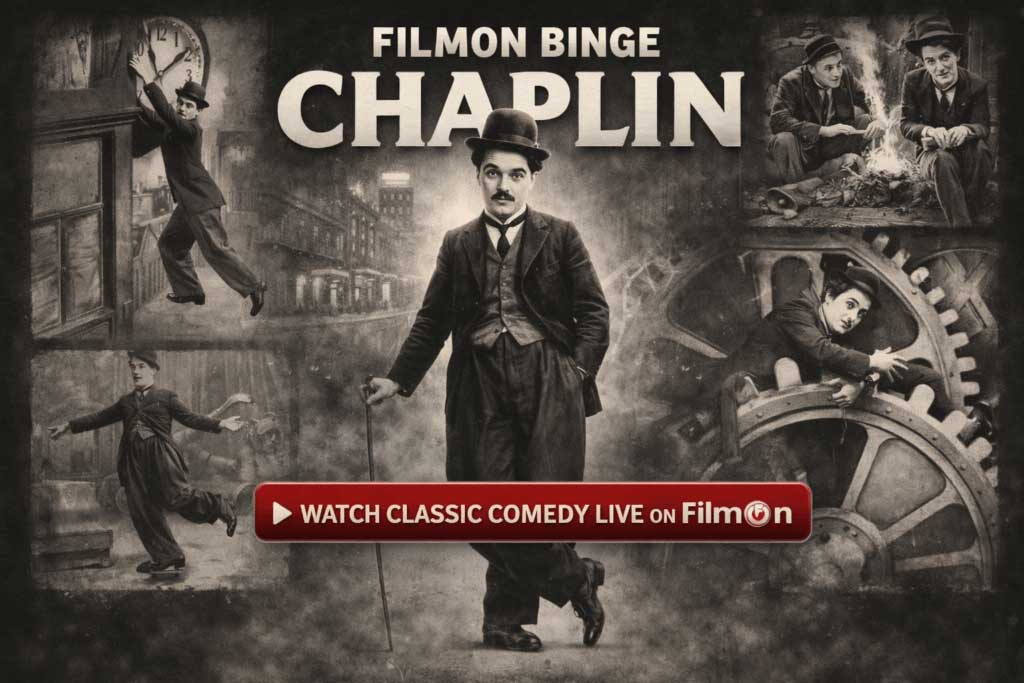F. Scott Fitzgerald's illustrious tale, "The Great Gatsby," which turned 100 years old this year, is an exploration of the extravagant but tragic life of a millionaire on Long Island. Initially met with lukewarm reviews and lackluster sales, the novel has evolved to become a cornerstone of literary education and popular media. Its journey from obscurity to acclaim, particularly in the post-World War II era, reflects its diverse reinterpretations. I previously examined its cultural resilience, but an essential aspect was overlooked—its fundamental quality as a genuinely good book.
Let’s clarify the distinction: while "Gatsby" may be classified as a Great Book, it defies the sometimes daunting expectations we associate with such titles. Rather than being a mandatory assignment or a chore, "The Great Gatsby" can and should be enjoyed for its engaging narrative. Beyond its significance, it provides a delightful reading experience. Here are several reasons it continues to entice readers.
First on the list is its brevity. Generally fewer than 200 pages, "Gatsby" is the perfect companion for a rainy afternoon or during travel. Early chapters may see narrator Nick Carraway engaging in philosophical musings, but the introduction of Jay Gatsby, shrouded in mystery, quickly grabs our attention. Fitzgerald skillfully maintains Gatsby's enigmatic presence until the novel’s final page, revealing his character through a series of intriguing glimpses.
Moreover, Gatsby himself embodies romance. The novel communicates Nick’s initial impression of him as someone highly attuned to life’s promises. Yet those very promises are unfulfilled in the harsh realities of society, which ultimately leads to Gatsby's downfall. His motivations, despite his wealth and dubious connections, are noble, particularly his enduring love for Daisy, now wed to the insufferable Tom Buchanan. The juxtaposition of Gatsby’s idealism and the surrounding decadent materialism is what breathes life into the story; Fitzgerald's keen social critique ensures neither the romance nor the satire falters.
Another layer of enjoyment lies in its humor. Contemporary critiques from the Jazz Age lauded Fitzgerald’s incisive portrayal of society's quirks and follies, capturing the hypocrisy that pervaded the times. For instance, Tom Buchanan emerges as a caricature of a self-important blowhard, hilariously oblivious in his scientific reasoning. As he ponders the sun’s temperature fluctuations, we recognize a familiar blend of serious commentary interspersed with humor that feels as relevant today.
Lastly, the beauty of Fitzgerald’s prose merits recognition. His ability to transition from comedic beats to lyrical depictions, and philosophical reflections, maintains an engaging and conversational style throughout the novel. Phrases resonate deeply, with the iconic closing line echoing timeless sentiments, alongside other extraordinary lines that similarly capture the essence of his storytelling prowess.
In summary, the continued celebration of "The Great Gatsby" is not simply due to its literary status but also the enjoyment it brings to readers. Its swift pace, romantic undercurrents, humorous observations, and exquisite writing establish it as a perennial favorite, adding to its rich legacy a century after its publication.






















